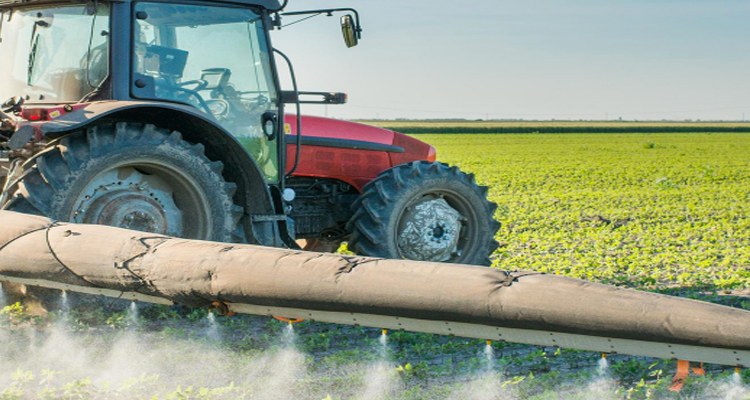Innovative farming methods offer hope for Malawi’s struggling smallholder farmers

By George George Idowu
Malawi’s smallholder farmers face increasing challenges due to unpredictable rainfall and higher temperatures, which have led to severe soil erosion and declining soil fertility. These factors have caused frequent crop failures, particularly affecting maize, the staple crop.
With agriculture accounting for over 25% of Malawi’s GDP and 80% of the population relying on smallholder farming for survival, the situation is dire.
Most farmers in Malawi can not afford chemical fertilizers needed to sustain soil fertility and yields. To address this issue, a team of soil fertility and sustainable development specialists, along with researcher Augustine Talababie Phiri, explored alternative methods to improve soil fertility without relying on expensive fertilizers.
Their research, conducted on farms in northern Malawi, involved testing a combination of crops grown together over a two-year period. They discovered that growing maize with cowpea and pigeon pea in raised “deep beds” significantly improved soil fertility and crop yields.
Thus, traditional farming in Malawi involves tilling the soil annually and planting single crops on narrow ridges, which are highly susceptible to soil erosion.
The researchers experimented with combining intercropping (growing multiple crops side by side) with deep bed farming. Deep bed farming, a practice developed in Malawi, involves breaking up the compacted soil layer (hardpan) with a pickaxe and creating elevated soil beds with adjacent ditches to retain rain.
Improved Soil Fertility: The nitrogen-fixing ability of legumes like cowpea and pigeon pea naturally enriched the soil more effectively than chemical fertilizers. This effect was even more pronounced with deep bed farming, maintaining high soil fertility over two growing seasons.
Increased Crop Yields: Intercropping with legumes led to higher crop yields compared to fields with only maize. Deep bed farming further amplified these results, enhancing crop production across multiple seasons.
Implications for Farmers
This innovative approach offers several benefits:
Cost-Effectiveness: Farmers can reduce or eliminate their dependence on expensive chemical fertilizers, making farming more sustainable and affordable.
Higher Profits: Increased crop yields and reduced fertilizer costs improve farmers’ profitability, allowing them to invest in education, business enterprises, and other necessities.
Environmental Benefits: Deep bed farming mitigates soil erosion and compaction, enhancing water retention and resilience against droughts. The natural nitrogen-fixing process of legumes reduces the environmental impact of farming.
By integrating deep bed farming with legume intercropping, Malawi’s smallholder farmers can achieve greater soil fertility and crop productivity, providing a sustainable and effective solution to the challenges posed by climate change.
As global agricultural systems continue to face similar issues, innovative approaches like these will be crucial in building more resilient and productive farming practices.
